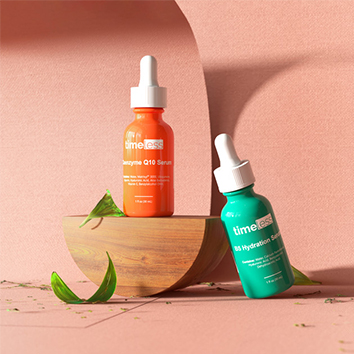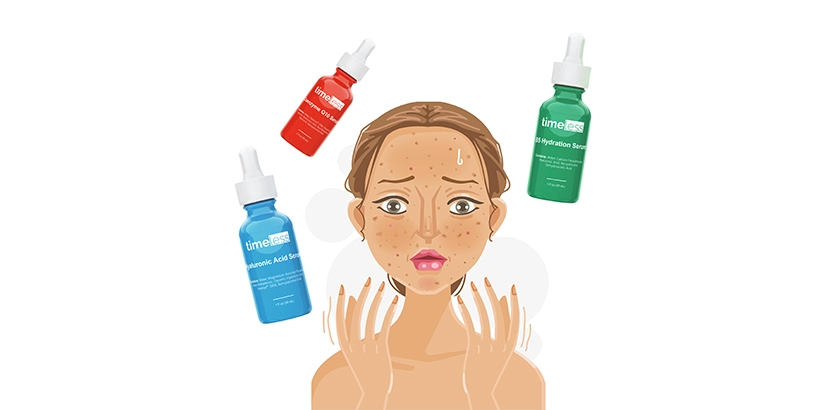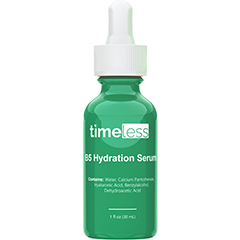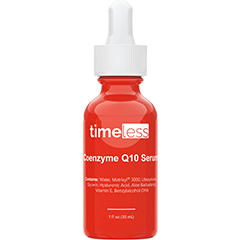How to prevent breakouts


2. How do you stop hormonal breakouts?
3. How to prevent pimples with active skincare?
4. What about acne scars?
When it comes to acne, it’s nice to know you’re not alone. Most of us face skin problems at any given time. And many of us, especially females, increasingly struggle with breakouts well past puberty. Does hormonal acne ever go away? How to cope with the problem and what kind of routine should we implement into our life?
1. What causes your face to break out?
Technically called ‘acne vulgaris’, this skin condition occurs when hair follicles (pores) get plugged up with oil and dead skin cells. Inflammation is another agent of acne, along with bacteria called Propionibacterium acnes that thrives in oily clogged pores. Inflammatory acne breakouts require dermatologists' help, however, there are many ways for you to help the acne treatments work their way up your body.Acne, with its 4 stages, varies from common comedones such as blackheads and whiteheads, to more painful pustules and cystic nodules.
Thanks to raging hormones during puberty, excess sebum production is common in both boys and girls. A spike in androgen levels, specifically testosterone, triggers the sebaceous glands to excess oil production (sebum). Many of us have oily skin as a teenager, sometimes our skin tends to change with time and sometimes it stays that way.
But for many women, the struggle continues long after puberty. From the infamous PMS pimple, to pregnancy breakouts and even menopausal flare ups - possibly caused by the imbalance of falling estrogen levels compared to testosterone. Acne treatment is a long lasting process - it cannot vanish in a week, or even a month. But heads up! There are many ways to prevent acne breakouts with appropriate diet and skin care routine as well as professionally chosen treatment.

2. How do you stop hormonal breakouts?
Oral and topical medications, diet, supplements and reducing stress are all strategies for keeping your skin clear. Certain foods and environmental factors may trigger acne prone skin to worsen breakouts. If you have extremely sensitive skin, the best solution is to observe your skin's behavior after certain food groups (and drinks - alcohol may affect your multiple bodily systems such as hormonal fluctuations!). After realizing what foods make your acne worse - that is the good idea to exclude them from the diet.Hygiene is one of the most important factors when it comes to severe acne. Never forget to remove your makeup in 3 steps and wash your face with gentle cleansers. Do not worsen acne by popping pimples and using irritating cosmetics - your face deserves to be treated gently!
The Breakdown: Tips to Minimize Acne (or a good start!)
- Eat well! Reduce Processed Sugar from your Diet, including Soda Drinks. Eat more Omega-Oil Rich Foods, along with lots of Veggies and Fruit.
- Drink lots of Water and try antioxidant-rich Green Tea.
- Exercise regularly and take care of your sleep hygiene
- Exfoliate (as per your skin condition) and moisturize.
- Clean your environment - Wash your face twice a day with a mild cleanser and avoid touching it throughout the day. Dry your face with a clean towel. Clean your mask, phone, pillowcase, and makeup brushes frequently Use acne fighting ingredients.
UV protection and makeup
Remember to always wear sunscreen - everyday, not only the time you go to the beach on a sunny summer day. UV radiation from the sun is present all year long, so yes...you should apply sunscreen even if the sun is only peeking through the clouds on a cold December day!What about makeup? Does it clog pores and make acne worse? If you really like wearing makeup, you do not have to give up on it! Maybe try changing the thick fluid foundation into a loose mineral one? The most triggering acne problem is not makeup itself - but incorrectly removed and not effectively cleansed skin after the day!
Treat your skin as well, as you would like it to look like. Clearer skin for night, clearer skin for life!
3. How to prevent pimples with active skincare?
Vitamin B5 helps keep your immune system strong and promotes the healthy maintenance of skin, hair and eyes. Whether you’re eating foods rich in Vitamin B such as eggs, fish, sweet potatoes and broccoli, taking a B supplement, or applying it on your face as a serum, Vitamin B5 is one of the best ingredients for soothing traumatized skin.Timeless Vitamin B5 Hydration Serum works as a moisturizer while also reducing redness and inflammation. Studies have shown B5 to enhance the healing process of the skin and reduce acne-related blemishes.
As breakouts become more manageable, you can introduce more active ingredients to enhance your skin’s optimal wellbeing, such as Coenzyme Q10 Serum. Skin ‘behavior’ is constantly changing. Adapt to your skin’s needs by switching up your skin care routine, helping to maintain the proper balance of hydration and the skin’s natural oils.
4. What about acne scars?
If you have already existing acne scars - there are many products you can try to help them heal faster.Vitamin C in well-matched concentration has anti-inflammatory properties and works as a brightener of your skin. Helps to even out the skin tone, reduce redness and swelling acne causes.
Hyaluronic Acid + Vitamin C serum known as "The Essential" contains active ingredients, supporting wound healing. Matrixyl 3000® has anti-wrinkle properties, rebuilds collagen, while Aloe Barbadensis soothes and eases irritation. Your face appears luminous and bright, giving you that well-rested, ‘just had a full night’s sleep’ effect.
And if it all becomes a little overwhelming, the effects are definitely worth the effort. The better your treat your body with mindset, diet and skin care, the faster it will thank you in the future.
DISCLAIMER: The information on our blogs has been compiled from published sources and the experience of the Timeless Skin Care team. The blogs are not intended to diagnose or treat a medical condition or to address every skin type or condition. While reasonable effort is made to publish reliable and up to date information, Timeless Skin Care cannot predict how a skin care regimen will affect every individual user. Timeless does not guarantee any specific outcomes or the accuracy of all information presented and accepts no liability in respect of any omission or error. If you are uncertain about possible sensitivity when using Timeless Skin Care products, please do a patch test before use. If you have any skin concerns, please talk to your physician or consult a dermatologist.



